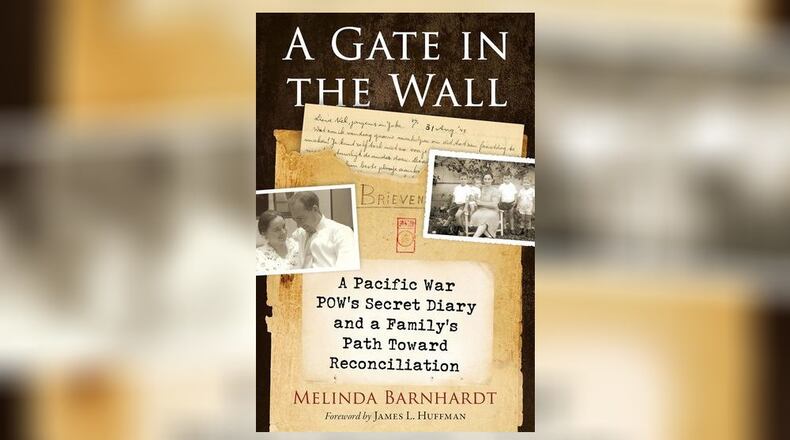Initially he was in a prison camp on Java. Then the Japanese packed him along with many other prisoners on a decrepit ship that began ferrying them to Japan. Conditions on the ship were appalling. Many men became quite ill. Some died. Lindeijer tried to care for his sick shipmates as best he could.
They reached Japan and got sent to a prison up north-the beginning of another ordeal. Wintry weather was a formidable challenge. He made warmer clothing for himself and procured blankets. The food, what little there was, was awful.
His fellow prisoners were from all over. There were Dutch colonists, British, even a group of Americans. Initially Lindeijer spent his time caring for the sick and his living conditions were not as bad as what most of the other men were enduring. Eventually he got moved back to their barracks as well and things became harder.
This man was an intellectual. He began teaching classes in mathematics and started writing a textbook about it. He also developed a rather unlikely friendship with a Japanese civilian who was stationed there to manage some industrial activities that involved the prisoners. They had an iron smelter and some of the prisoners had to work in an iron mine.
He kept his diary safely concealed. That wasn’t the only forbidden secret. Some of his fellow prisoners managed to construct a radio that they kept hidden away. This allowed them to circumvent the Japanese information blackout. They could listen to their radio and find out how the war was going. When the atomic bombs were dropped on Japan they heard about it right away.
Shortly before the war ended his wife died in a Japanese camp. She never got to read her husband’s diary. Such a tragedy.
The author does a superb job alternating between diary excerpts and concise clarifications of what was really happening. It closes with a section describing how Lindeijer’s son, who despised the Japanese, went through a period of reconciliation and ultimately, forgiveness. This is truly a magnificent, deeply researched book. The author lives in Springfield.
Vick Mickunas of Yellow Springs interviews authors every Saturday at 7 a.m. and on Sundays at 10:30 a.m. on WYSO-FM (91.3). For more information, visit www.wyso.org/programs/book-nook. Contact him at vick@vickmickunas.com.
About the Author
